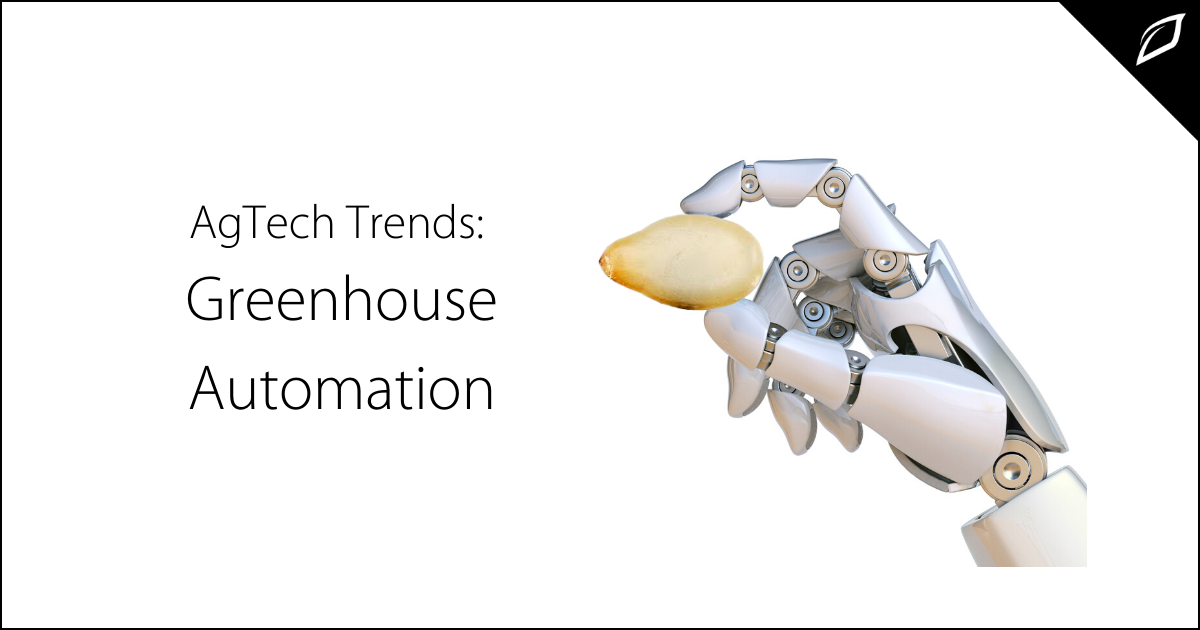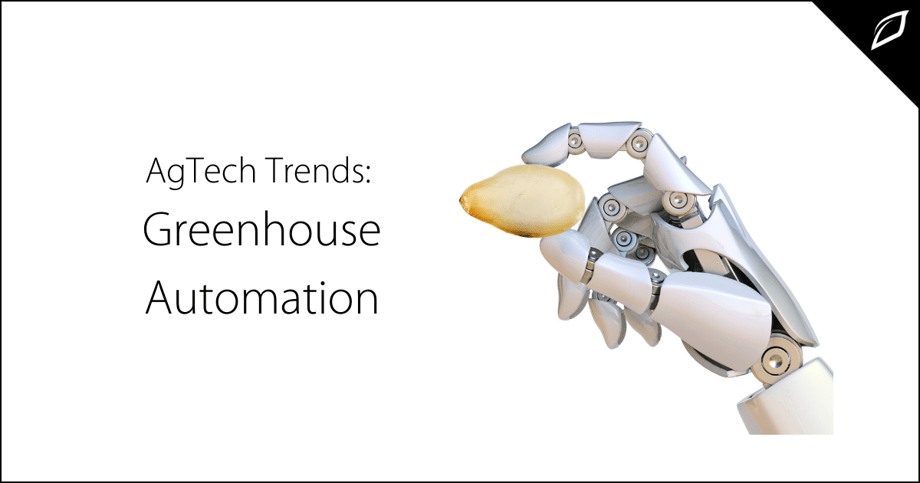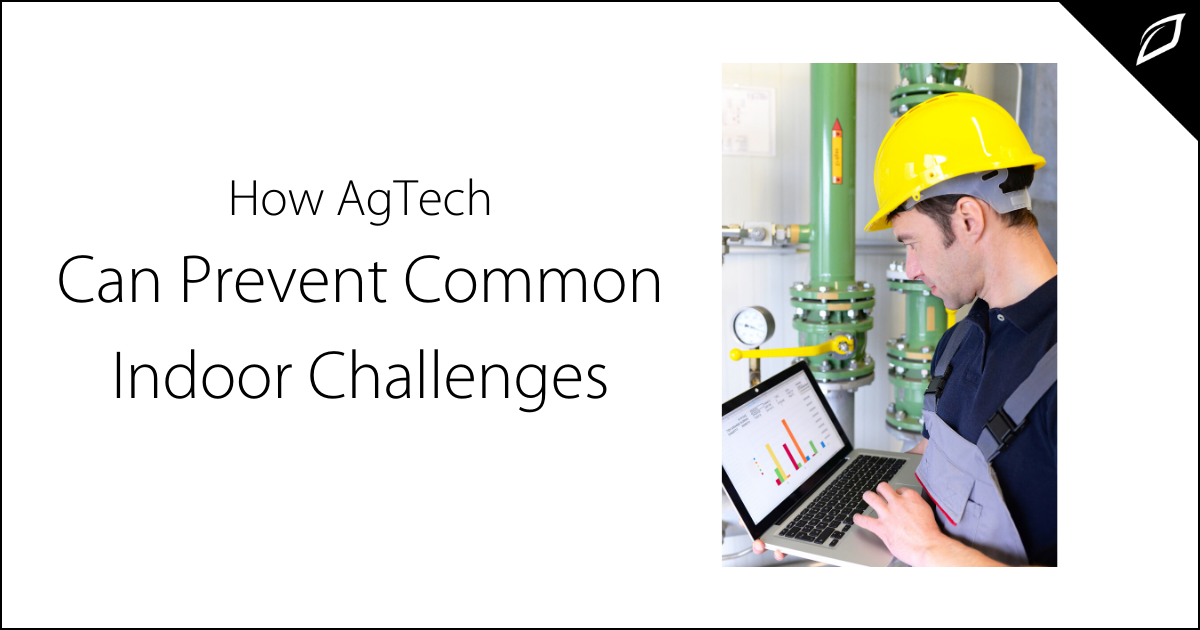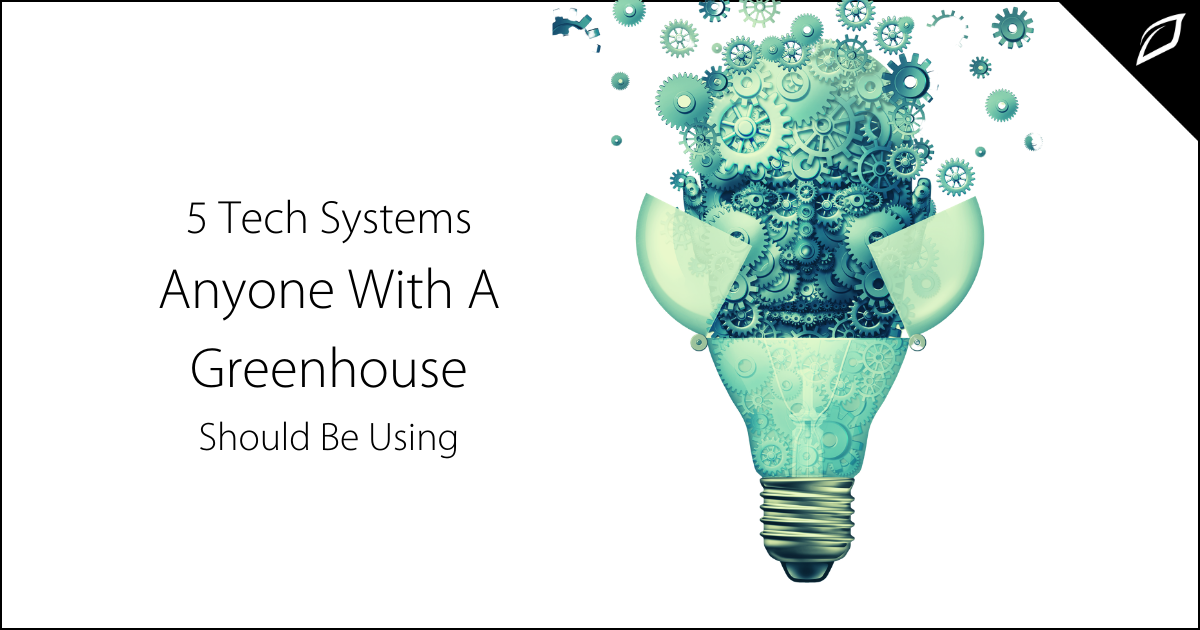How Greenhouse Automation Can Assist In Social Distancing
Unless you've been living off the grid for the past month, you're probably aware that the effects of the Covid-19 virus have changed our world as we...
2 min read
Alex Stone : Updated on July 16, 2020


Agtech has had a profound impact on the agricultural landscape. As a blanket term, "agtech" has been used to describe a host of innovations occurring at the intersection of technology and agricultural production, encompassing everything from crop-surveillance drones to remote lighting tools.
In general, the trend has been toward greater automation, with less human intervention needed to produce ever-increasing yields. This has been especially relevant with social distancing and the trend of staff working remotely. Beyond remote access, the targeted, thoughtful application of pesticides, fertilizer, and water has led to increased sustainability. In contrast, the automation and mechanization of routine tasks have significantly enhanced the efficiency of farming activities.
Trending Technologies
Some of the most recent trends in agtech focus on the sustainable use of limited land resources, as well as on smart controls and automation as a means of improving yields while simplifying farming tasks.
One example of sustainability comes in the form of vertical farming. "[I]nstead of spreading out across acres and acres, the farms of the future will grow lettuce and strawberries inside climate-controlled, light-controlled cylinders. Less land, less water, but year-round light and perfectly controlled moisture," Forbes predicts.
Vertical farming requires far less acreage than traditional growing and is inherently more sustainable. Typically, the effort to grow up rather than out is supported by a range of technologies, as growers establish climate-controlled facilities that rely on thousands of infrared cameras and sensors instead of pesticides, herbicides, or synthetic fertilizers.
This dovetails nicely with some of the more significant trends emerging around agricultural technology. As growers seek to optimize land use and conserve natural resources, they are turning to a range of tech fixes to support their efforts.
Smart Farms
Smaller growers are benefiting from technological innovations as new systems emerge that help takes the guesswork out of farming.
Technology can make growing more precise, more productive, and less time-consuming— not just for the prominent commercial farmer but also for the small-scale grower.
Take, for instance, smart irrigation, one of the fastest-growing sectors of the agricultural technology industry.
Water represents one of the most significant cost factors in any growing operation and also one of the most vital points of inefficiency. Growers who eyeball their irrigation typically end up applying either too much or too little water, leading either to waste or sub-optimal growth.
Smart irrigation delivers water when and where it's needed and irrigates on a set schedule by using a system of sensors and controllers. In some systems, growers can manage watering via a smartphone app, giving them round-the-clock access to their crops without the labor-intensive need to be always present on site. Especially important during the global pandemic.
Smart irrigation, in turn, may be part of a more extensive precision management system—one in which sensors and controllers are leveraged to automate and remotely manage a range of ag functions. Growers can track and maintain lighting, pest control, climate, and other vital factors, all remotely from an app.
In addition to smart irrigation, greenhouses can benefit from smart motor controllers, something that hasn't been available in the past.
The adoption of agricultural technology can benefit a grower in any setting, from a simple, grow room, or an elaborate greenhouse to a grow tent or a high-tech vertical operation. Growers can benefit from the precision and predictability that comes with automation and remote management.
As growing operations expand, the need for technological enhancements becomes more critical. A grower working multiple sites may need the advantages of remote monitoring to track and manage growing conditions effectively. The demands of an expanding operation make precision management especially valuable, as growers juggle their time to make the most efficient use of their resources.

Unless you've been living off the grid for the past month, you're probably aware that the effects of the Covid-19 virus have changed our world as we...

Ag-tech tools deliver solutions for farmers to some of the most common, persistent growing issues. Smart sensors, monitors, and automated tools work...

Technology offers a range of opportunities for the commercial grower to make effective use of the greenhouse environment. The latest tools enable...